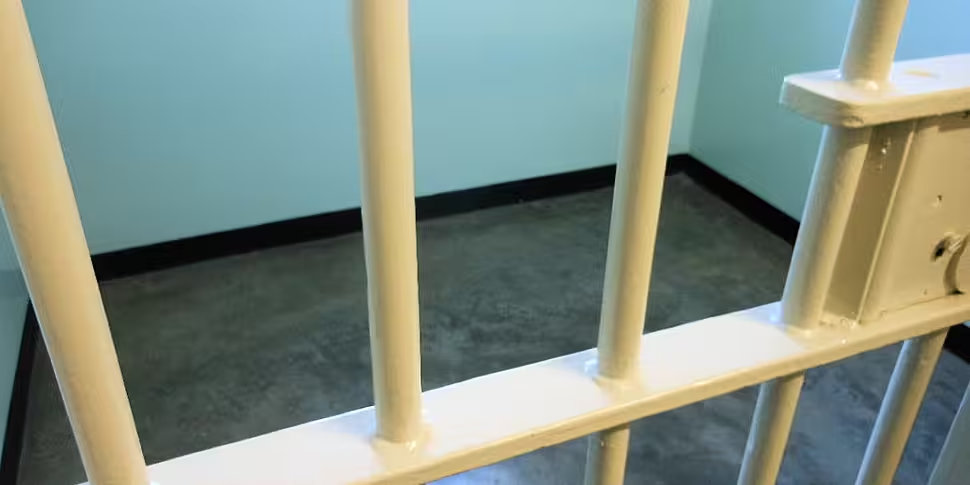People sentenced to life in prison will not be considered for parole until they have served at least 12 years under new laws passed by the Dáil.
That is up from the previous minimum of seven.
The new bill also provides for the establishment of a new independent Parole Board which will have the final decision on all cases.
Justice Minister Charlie Flanagan said the new board will follow a clear and transparent process in making its decisions.
“I am very pleased that this ground-breaking piece of legislation has been passed by the Oireachtas today,” he said.
“The reforms in the Parole Bill are designed to put the operation of the Parole Board on an independent, statutory footing and to ensure that the way in which it makes decisions is open, transparent, fair and fully informed.”
Parole hearings
The new system will ensure that victims will continue to be informed when a prisoner is considered for parole and will be entitled to make submissions to the board.
Minister Flanagan said people service to life in prison in Ireland serve an average of 18 years – but acknowledged that it has in the past been distressing for victims to have to attend parole hearings after only seven.
Fíona Ní Chinnéide, Executive Director the Irish Penal Reform Trust (IPRT) said the new law will “provide more clarity and independence in decision-making on the release of eligible prisoners.”
“The Bill introduces new provisions, including access to legal representation for parole candidates and for victims, and a role for the Parole Board in providing information to victims and the general public in relation to its functions,” she said.
“It is crucial that the Parole Board is resourced in terms of funding and staffing so that it has the capacity to perform its important functions well.”
Release
The board will only be permitted to grant parole if it is “satisfied that the prisoner does not pose an undue risk to the public, that he or she has been rehabilitated, and that it is appropriate in all the circumstances to release him or her on parole.”
Anyone granted parole while serving a life sentence must comply with the terms of their release for the rest of their lives.
The board can revoke their parole at any time if they breach their conditions or present a risk to the community.
The bill was put forward by Fianna Fáil justice spokesperson Jim O’Callaghan and supported by the Government.









